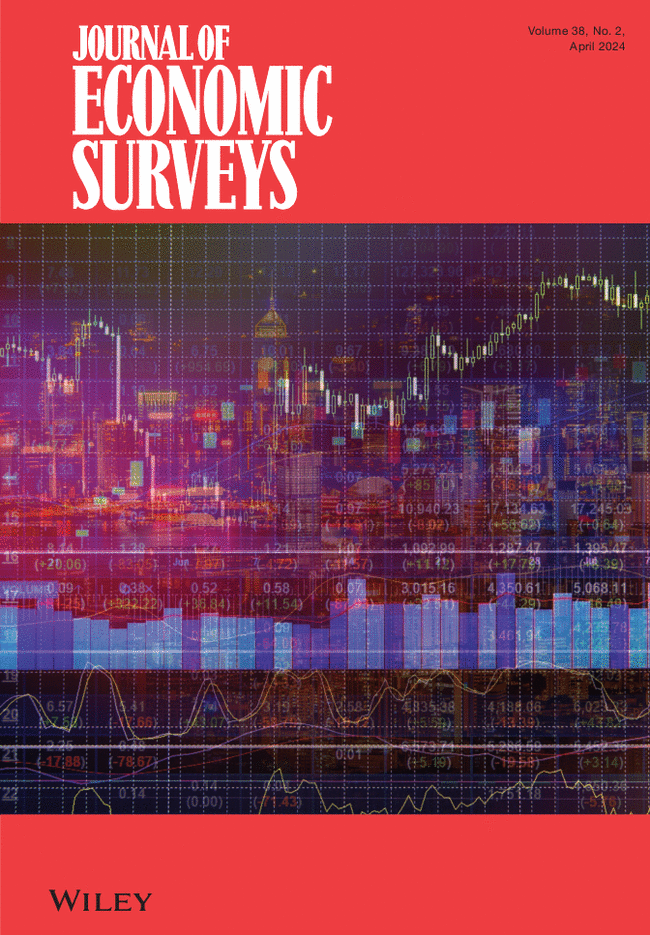认知偏差在阴谋论信念中的作用:文献综述
IF 5.9
2区 经济学
Q1 ECONOMICS
引用次数: 0
摘要
近年来,一些研究发现,阴谋论信奉者往往更容易受到认知偏差(如连带谬误、比例偏差、机构检测偏差等)的影响。本文旨在回顾这些文献,将这些概念系统化地归纳到一个统一的框架中,即阴谋论心态是一系列有偏差的认知过程,它将认知偏差分为两类:有助于信念形成的偏差和有助于信念更新的偏差。本文借鉴了一些实证结果,总结了认知偏差在阴谋论思维中的作用,为未来研究提供了一些启示,并对这种方法可能存在的弱点提出了质疑。本文章由计算机程序翻译,如有差异,请以英文原文为准。
The role of cognitive biases in conspiracy beliefs: A literature review
In recent years, several studies have found that conspiracy believers tend to be more susceptible to cognitive biases (e.g., conjunction fallacy, proportionality bias, agency detection bias, etc.). The aim of this work is to review such literature, systematizing these concepts in a unifying framework of conspiracy mentality as a set of biased cognitive processes, which categorizes cognitive biases in two classes: those that contribute to belief formation and those that contribute to belief updating. Drawing on several empirical results, this paper summarizes the role of cognitive biases in conspiratorial thinking, offering some insights for future research and raising questions about the possible weaknesses of this approach.
求助全文
通过发布文献求助,成功后即可免费获取论文全文。
去求助
来源期刊

Journal of Economic Surveys
ECONOMICS-
CiteScore
11.30
自引率
3.80%
发文量
57
期刊介绍:
As economics becomes increasingly specialized, communication amongst economists becomes even more important. The Journal of Economic Surveys seeks to improve the communication of new ideas. It provides a means by which economists can keep abreast of recent developments beyond their immediate specialization. Areas covered include: - economics - econometrics - economic history - business economics
 求助内容:
求助内容: 应助结果提醒方式:
应助结果提醒方式:


